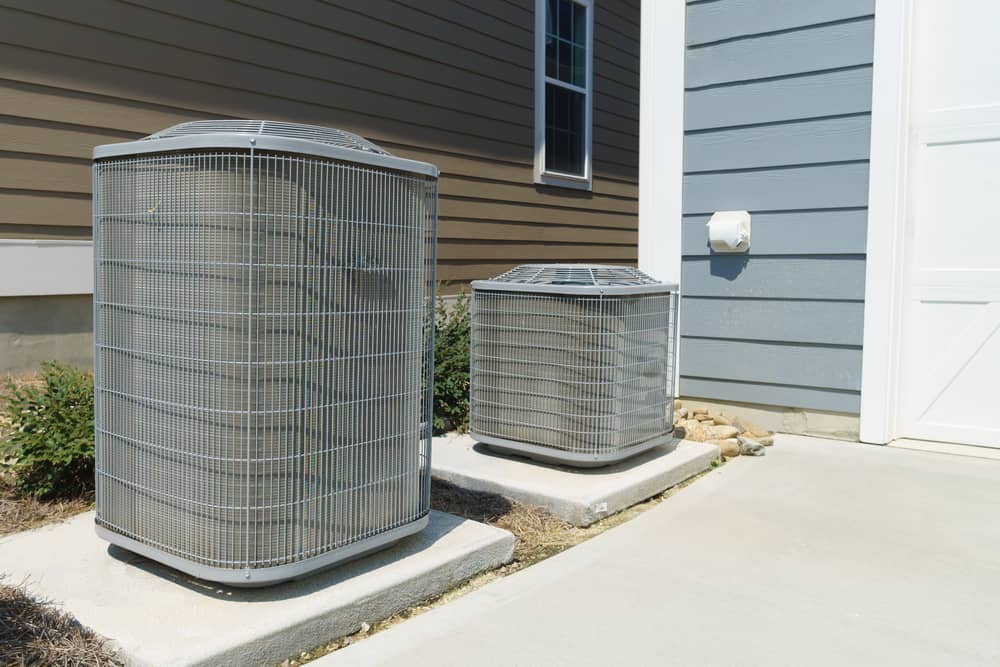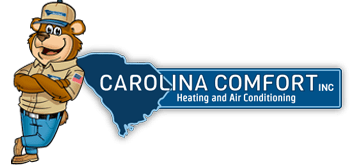HOW LONG DO HVAC SYSTEMS TYPICALLY LAST?
While this may seem disappointing compared to the central air units of yesteryear that my parents and grandparents had, there are many reasons this is age range is the new normal. Below, I’ll go over the two biggest ones.

HVAC Maintenance
First, and most important is that everything, whether a consumer good (like a cell phone) or something living (like a tree) has a life cycle and A/C units are no different. From the very minute that newly installed cooling systems are turned on, a countdown timer begins if you will. From then on, wear and tear will slowly begin to eat away at the longevity of the system.
While we can’t completely stop the “wear”, we can help to prevent the “tear”. Experts agree that regular maintenance is one of the most important steps a homeowner can take to extend the life of their heating and cooling system. As described in the linked article, there are three types of maintenance:
- Reactive – don’t do anything until the system breaks, then fix whatever is broken
- Preventative – twice a year maintenance as suggested by HVAC manufacturers
- Predictive – using building management software, schedule service based on preset conditions
Of the three, preventative maintenance is by far the most reliable and cost effective means of keeping a central heating and cooling system running trouble free and energy efficiently for as long as possible. This regular maintenance, done twice a year (once for the heating operation and again for the cooling operation) combined with a regular and monthly filter change is the equivalent of having a regular oil change and tire rotation for your car. Unlike your car however, there is usually no “check engine” or “low oil” light on your home comfort system!
Besides preventing mechanical and electrical issues from happening, there is another BIG reason to keep your central air conditioner maintained, and that is to keep its efficiency up and your energy bill down. Studies show that regular maintenance can identify and correct issues that reduce the energy efficiency of any kind of heating and cooling system. This is especially important with high efficiency systems. Just like you wouldn’t buy a Ferrari or Lamborghini and fill it with kerosene, if you have a top of the line, energy efficient system, you want to keep it running efficiently and regular maintenance is the only way to do that.
Indoor Air Quality
The second thing to keep in mind about the longevity of your HVAC system is your indoor air quality. You heard me right: the quality of the air in your home can be draining the life of your air conditioner! How you ask? Well, simply put, the things in your home get into your air and can have detrimental effects on our air conditioners and OUR own health!
Small things in the air in our homes, called VOC’s or volatile organic compounds can make the air in our homes unhealthy and cause something called formicary corrosion, which can cause expensive repairs or even replacements.
Fortunately, we offer a range of products that can combat these pollutants and give you best air and add to the longevity of your heating and cooling system.
To recap, while HVAC systems typically last 12-15 years, having regular preventative maintenance done can help to get you to the end of that range and maybe even beyond.
If your home heating and cooling system is in that “above” age range, or is even older, you might want to consider a free, no cost or obligation consultation to learn what you can do to save on your power bill, what rebates may be available, and what replacement options you have.

5636 Bush River Rd.
Columbia, SC 29212
SC License – #M104545
NC License – #32356
Phone: (803) 794-5526

